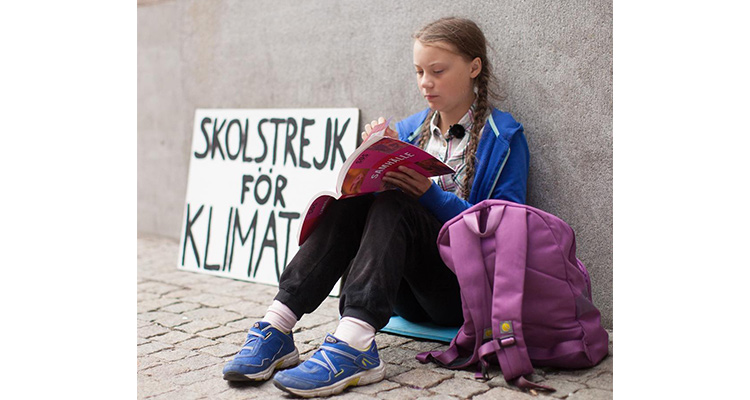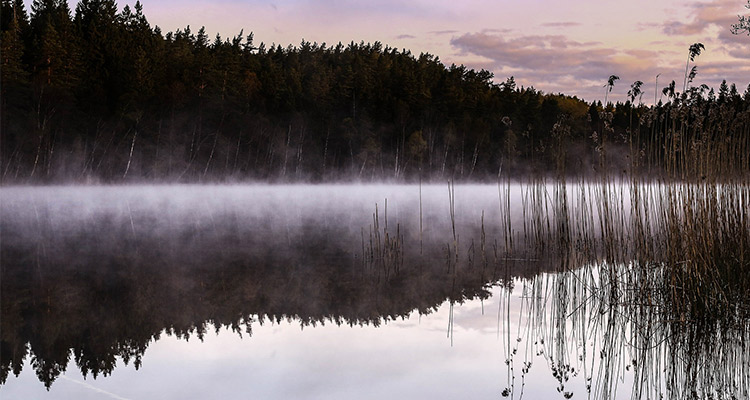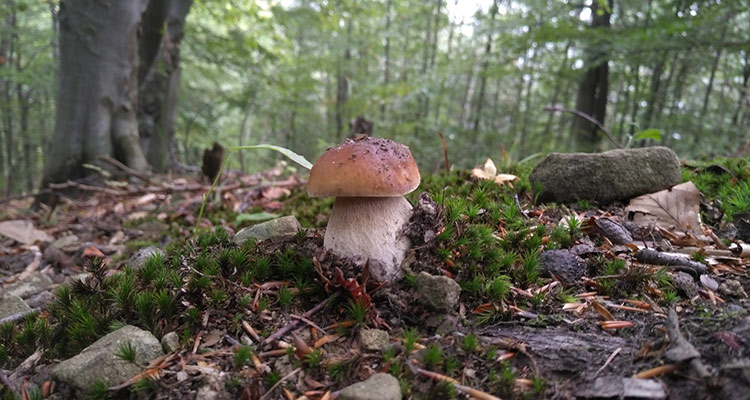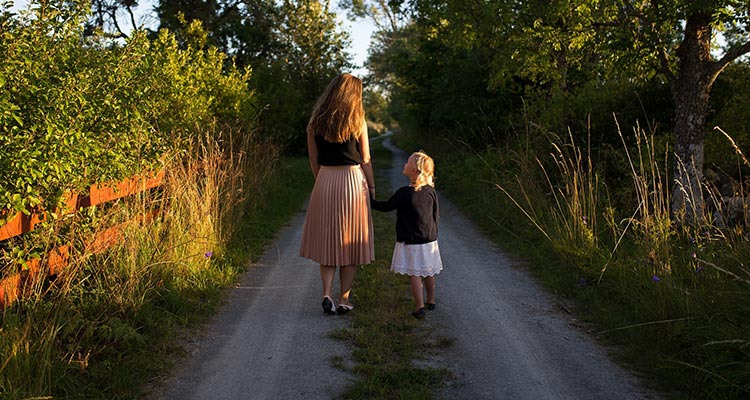

Nordic countries, such as Sweden and Denmark especially, are leading the fight for the environment worldwide. As an example, young Greta Thunberg, a 16 year old activist, has started a movement that is crossing borders. Want to know why and the benefits of a student exchange in these countries? Read all about it in this post!
Environmental awareness: Greta Thunberg and Swedish education
In recent weeks, two phenomenas have gone viral and indicate a trend that’s not going to die anytime soon. On one hand you have the well-known #TrashtagChallenge, a challenge that consists of cleaning a landscape that’s been littered by humans.
The second is a name: Greta Thunberg. Since becoming known in summer of 2018 for starting a strike to protest the lack of action by the Swedish government towards climate change, her presence hasn’t stopped growing and she even went up against Jean-Claude Juncker, at the European Economic and Social Council (Brussels).

The movement started by Greta Thunberg is spreading across the globe and has turned into a reference for millions of young people. They are the most affected by the climate change threatening our planet, and it’s because of them that the UN is requesting urgent measures and considers the situation irrevocable.
Nonetheless, the appearance of Greta Thunberg is no coincidence. Nordic countries have always lived very close to nature, conscious of the harshness of the climate and their surroundings. Moreover, since the 1970’s, all their governments have been introducing sustainability to the educational curriculum to a greater or lesser extent.

The two countries that stand out more in this regard are Denmark and Sweden, but when it comes to their education model and advances in projects that encourage sustainability, the Swedes are even more innovative.
As explained by Johan Kuylenstierna, directoy of the Stockholm Environment Institute, the key was to implement environmental education in public school back in the 1990’s. As a result, respect for the environment has become the norm and all Swedes know that their day-to-day actions impact the sustainability of the planet.

Environmental education in Swedish centres is transversal, integrated in distinct courses, both in natural sciences as well as in social sciences. This way, students receive 6 to 7 hours a week of lessons reinforcing the importance of sustainability.
Another important aspect is that more emphasis is placed on environmental education than theoretical classes: the professors place emphasis on field work and lab work. If that weren’t enough, it’s common to receive visits from experts or relevant figures who give speeches, offer workshops and masters classes.

In the day-to-day or in informal and non formal educational activities, respect for nature is also expressed. That’s why everyone (not necessarily residing in Sweden) can visit the forests freely, pick fruit or forage mushrooms or even sleep in the forests, since with this implicit human right, they are expected to behave with care, while understanding that you have to get to know something with respect.
In the same way, all types of experiences in nature are very common. For example, hikes that integrate popular nordic folklore for children starting when they are very young, as well as animal and environmental study groups.
A student exchange to learn about the environment!
For all these reasons, at dothegap we believe that a student exchange in Sweden and the other nordic countries is a great opportunity for everything to do with sustainability.
On one hand, the young people discover a different point of view regarding the environment and the world we live in. They’ll learn a lot from classes or educational activities, bu also from any outing, from the way things are consumed or purchased (for example, the way they try to use returnable, reusable bottles) or from the behaviour of the families.

In addition, it can turn into a very enriching experience for monitors or professors, since they will experience first hand how environmental education is applied in the classrooms. This way, they can implement what they’ve learned in their own classes or activities to teach respect for nature to city students.
What do you think of this student exchange proposal? If you find it interesting for your centre, sign up and complete your experience. And, if you have any doubts, we’d love to help you!
Full review of global warming status nowadays, click here




